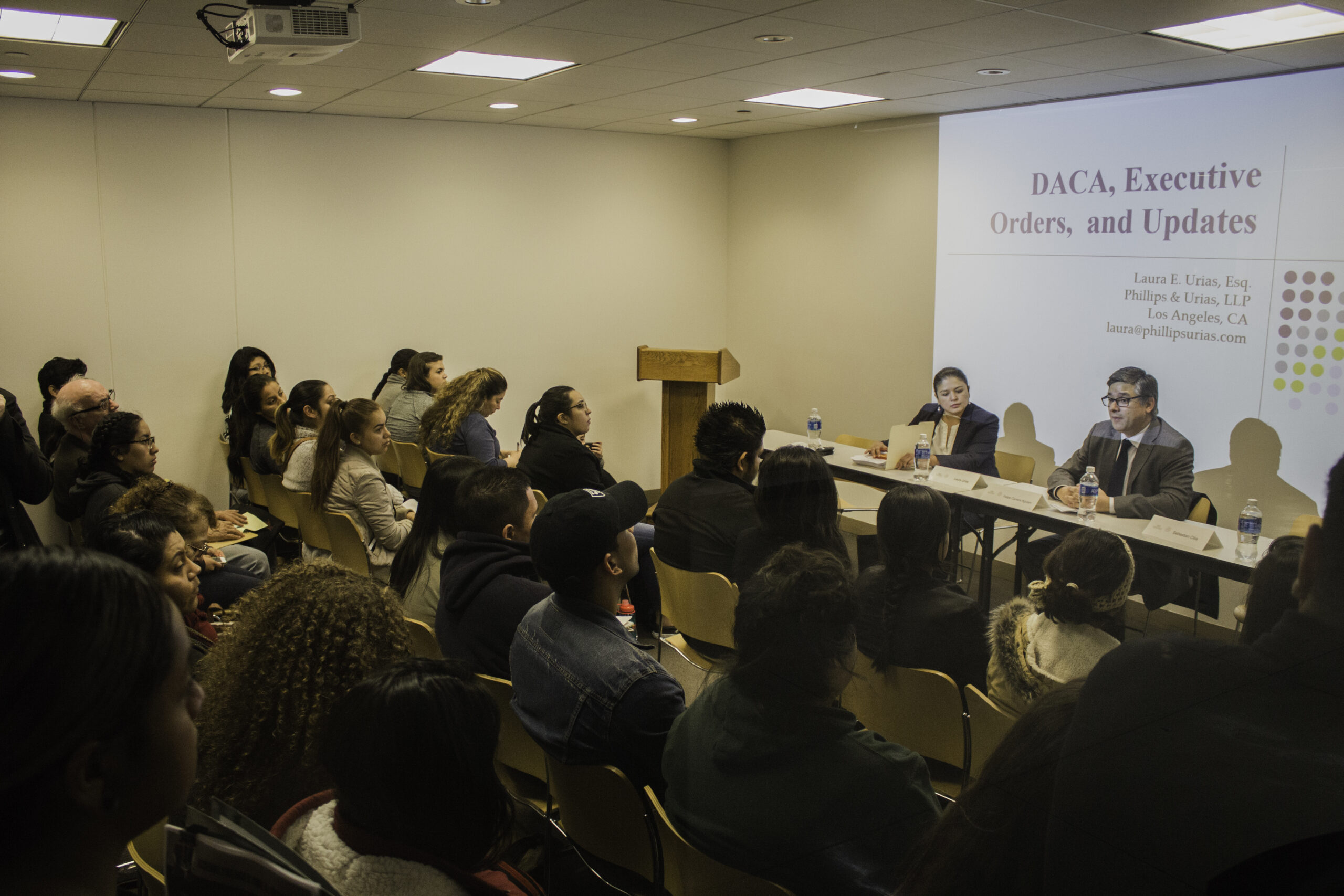by Angelica Mozol, Social Media Manager
In 2020, it’s hard to believe there was a time when everything was either male or female and that was that. Every day there seems to be something new to discover and learn about identities and means of self-expression. Facebook recently added 50 different gender options that offer a more diverse way of expressing one’s identity. People are also starting to get behind the brilliant idea of adding their own pronouns in email signatures and social media bios.
There’s no doubt in my mind that people deserve the right to be identified the way they choose to be. It’s not some new “trend” to identify as non-binary or use “they/them” pronouns. So why do some people make it such a big deal?
“Pronouns are just basic respect, call people what they want to be called,” David, a CSUDH freshman said. “It’s as simple as that.”
Traditional pronouns were limited to she/her and he/him and that was that. Now there are so many more that are being used to challenge the binary. This past December, Merriam-Webster announced that their word of the year was “they” which could be used as a part of one’s personal pronouns.
For example, Karama K. Blackthorn, the Queer Culture and Resource Center coordinator, goes by chi/her/hers while my own pronouns would be she/her/they/them. Pronouns come in a vast spectrum and this can be because of different languages or cultures, or just because a person simply wants to go by that.
With the discussion of pronouns, at times there are some who don’t even see a difference between sex and gender. Simply put, gender is a social construct while sex is limited to the biological parts we were born with.
Identity is something that is extremely important to me as it is for so many others. It’s how I want others to see me and ask that I am given the basic respect to be seen as. This would go for many others as well. Just last year, the University of Minnesota approved a pronoun policy that had been up for debate for three years which allowed university members to specify a name and gender that is different from those listed on their legal documents. Our campus policy followed Title IX which states on the school website “a federal law that prohibits discrimination based on the sex or gender of students and employees at educational institutions that receive federal financial assistance.”
Using a person’s choice of pronouns is a form of respect, a way of giving them basic human dignity by saying you accept them and that they are valid.
“No gender in this world is easy in its own way,” Blackhorn said. “There are privileges but all genders are hard but beautiful.”
I feel that pronouns mark the importance of who we are. They can change over the course of years, months, days and even hours Blackhorn explained.
According to “Shattering Gendered Marketing” by the American Marketing Association, the concept of societal norms in terms of identity had a great deal to do with the creation of gendered products. It’s why so many believe that girls are delicate and should wear dresses while boys should like more nitty-gritty things. When I was younger, I was never into things that were marketed towards girls like dresses or dolls.
Dylan, a psychology major, explained how gendered products were all a marketing technique, such as pink equated with girls and blue for boys. According to The Twentieth Century Reversal of Pink-Blue Gender Coding: A Scientific Urban Legend? by Marco Del Giudice the colors were reversed, but in the interest of profit, they were switched and stuck with.
Pronouns are more than just how we identify ourselves, they give us the power to stand up for who we are as people and go against the idea of what society deems “normal”. There’s nothing wrong with it, we just want the right to identify as we please without questions asked, as it should be – and for the love of all that is good, just call people by the pronouns of their choice, not whatever you choose to call them.
For more information, you can visit the QCRC in LSU 215.
